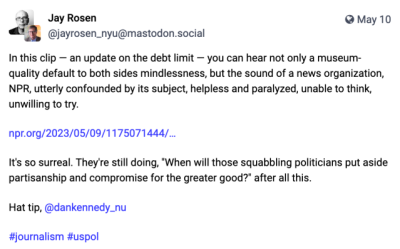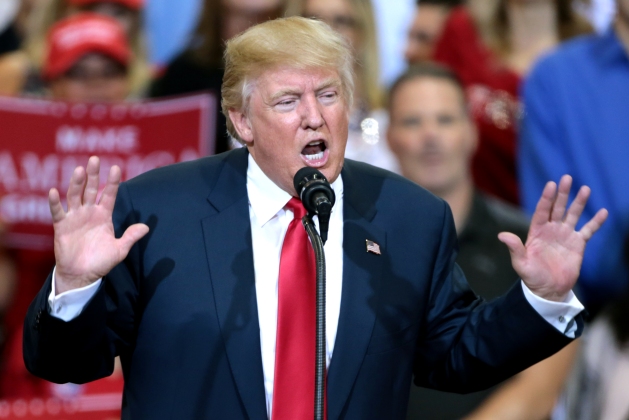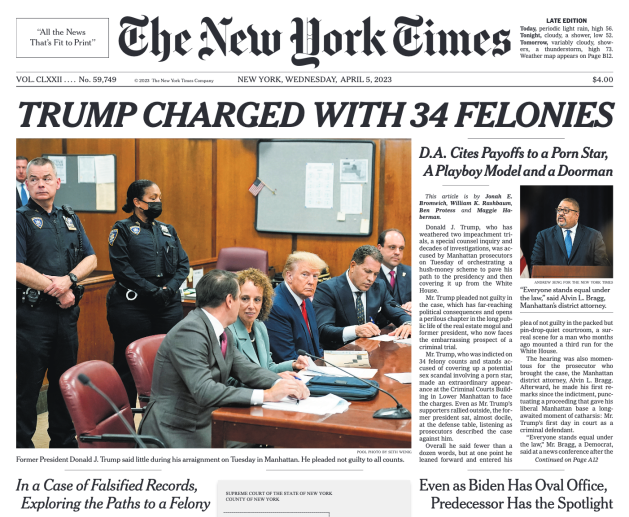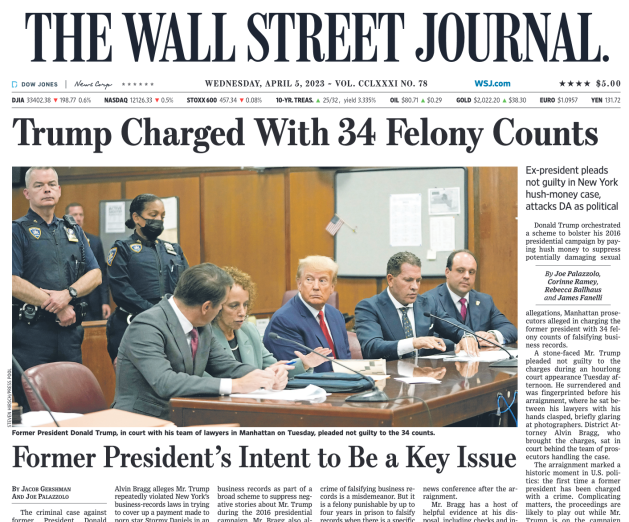
There must be a $1 trillion platinum coin in there somewhere. Photo (cc) 2016 by cweyant.
I imagine most readers of this blog understand the ins and outs of the debt ceiling fiasco, but in case you don’t, a brief explanation.
The debt ceiling is an extra, and entirely unnecessary, appendage to the work of passing budgets and appropriating money. Congress gets to debate what should go into the budget, and that’s an opportunity for those who want hold down spending to make their case and put it to a vote. But once the budget is passed, that’s the end (or at least it should be), and if the executive needs to borrow money to fulfill that budget, then so be it.
For the past century, though, congressional action has been needed to approve more borrowing, even though that borrowing is to cover spending that has already been approved, and in many cases has already taken place. No one thought much about it until recently, but in 2011 congressional Republicans refused to raise the debt ceiling unless President Obama made concessions, and now House Republicans are attempting to do the same with President Biden.
The only other Western democracy that countenances this foolishness is Denmark. Try buying a car with a loan and then telling the finance company that your family has voted not to approve the monthly payments. Bye bye car.
You’ll note that this only happens when there’s a Democratic president and one or both branches of Congress is controlled by Republicans. President Trump ran up enormous deficits, and the debt ceiling was routinely increased on a bipartisan basis to accommodate those deficits. Other than a few rogue individual votes here and there, Democrats have never sought to exploit the debt ceiling, because — whatever their faults — they belong to a party that believes in basic governance.
Sadly, though, the debt ceiling negotiations have occasioned an outpouring of terrible both-sides media coverage. Gosh, why can’t Democrats and Republicans come together for the good of the country?
The hypocrisy and phoniness surrounding this issue are why a lot of observers are calling on Biden to invoke the 14th Amendment, which states in part, “The validity of the public debt of the United States, authorized by law, including debts incurred for payment of pensions and bounties for services in suppressing insurrection or rebellion, shall not be questioned.” Or to mint the coin.
In any case, if and when Democrats are fully in power again, they ought to repeal the debt ceiling so we can go about our business like a normal country.












